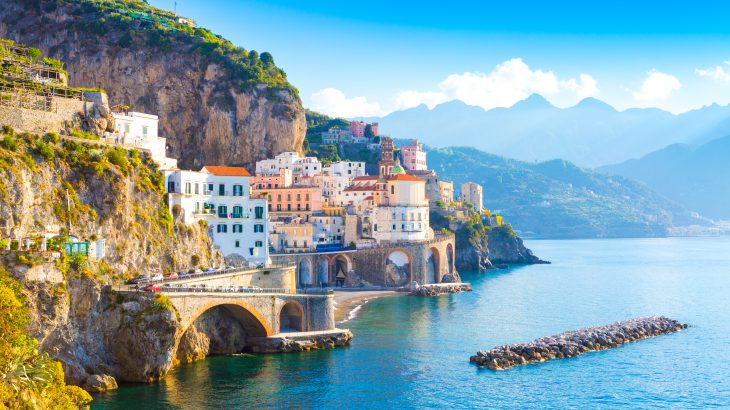The Italian authorities have announced that 784 high-net-worth individuals have applied for tax residency in Italy over the first three years of the program. The reason? A €100,000 flat tax on income for up to fifteen years.
The country with the most applicants (10%) was Great Britain, followed by France (58 applicants), the United States (20 applicants) and Russia (19 applicants).
Italy’s attempts to attract foreigners to obtain tax residency does not stop with high-net-worth individuals. The country has attempted to attract retirees to switch their tax residency with the lure of a 7% annual flat tax on overseas income (e.g. pension), with an emphasis on retiring to the southern regions of Italy.
Italy is also seeking to attract more people of working age, especially the self-employed. A generous tax incentive for workers includes a 70% reduction in income tax on Italian income for five years, with the potential to increase and extend the discount if settling in the South or bringing family members.
In addition to tax residency, Italy offers a range of residency and citizenship options. The country offers and investor visa program, and recently offered substantial discounts to attract more investors to obtain residency.
Other options include obtaining the European Blue Card for highly skilled workers, or obtaining an Elective Residency Visa if you can prove you have a steady income of at least €32,000.
An alternative pathway to Italy is by claiming a right to citizenship through an Italian ancestor. Given high levels of emigration in the early twentieth century, a surprising number of Americans, Brazilians, Argentinians, Venezuelans and Mexicans can claim Italian citizenship.
Given the favourable flat tax and the high quality of living, it is little surprise that Italy has registered almost 800 new HNWI tax residents. It is also understandable that Brits are among the highest applicants, given that British citizens will lose their automatic access to reside in European Union countries after Brexit.
As with anything to do with tax, there is considerable nuance in the details. It is vital to engage tax counsel before planning your move. Please contact Matteo Tisato in our Italy team to discuss your specific circumstances in greater detail.
This article is published for clients, friends and other interested visitors for information purposes only. The contents of the article do not constitute legal advice and do not necessarily reflect the opinions of Davies & Associates or any of its attorneys, staff or clients.


























